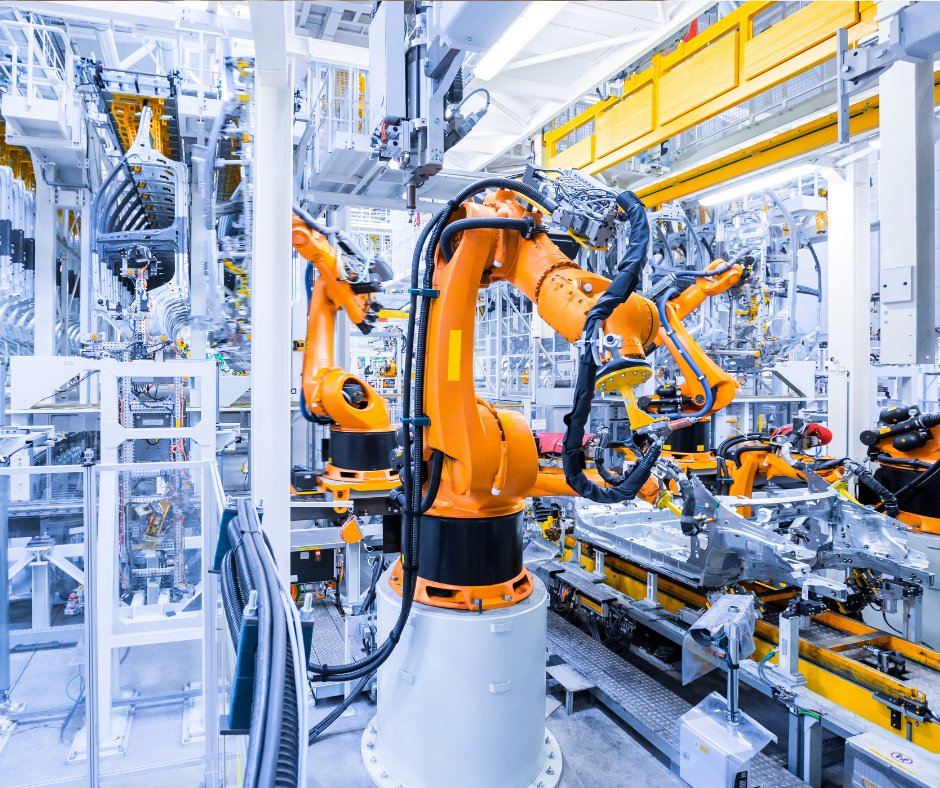
Labor shortages continue to be among the biggest problems companies in the United States are dealing with. The pandemic sent it off, but declining birth rates and skilled workers aging out of the workforce in record numbers as the Baby Boomers retire — these factors make it likely that the shortages will continue for quite a while.
Automation seems like the solution. While there are exceptions, most robots and automated machines are far more productive than human workers, allowing employers to keep production up with fewer human beings on the floor.
At the same time, robotic workers take on dull, dirty, dangerous work without complaint, freeing up human workers to do more challenging and creative tasks.
What’s not to like?
Robot-phobia
Researchers from Washington State University found something not to like. They studied workers in the hospitality industry and discovered that human workers had “robot-phobia” in the form of a fear that robots would take their jobs.
What’s more, that robot-phobia made human workers quit their jobs. Apparently, they wanted to quit before they got fired in favor of robots.
Researchers measured robot-phobia and found that those who scored higher on that metric also scored higher on insecurity about their jobs, overall stress, and the desire to quit their jobs.
Robot respect
The “turnover intention” — desire to quit their jobs — didn’t lessen with continued contact with robots. In fact, people with more experience with automation were more likely to be robot-phobic. Ditto for the people who believed that robots were highly skilled and capable.
Robophobia is an actual anxiety disorder, related to automatonophobia, which is a fear of human-like figures. Someone with robophobia may be unsettled by vending machines, CNC machines, or other machines, while someone with automatonophobia may be troubled by mannequins and dolls as well as humanoid robots.
These are fears which may disrupt daily life. Robot-phobia is the specific fear of losing one’s job to a robot. “Now that the robots are here being all fast and efficient,” the sufferer thinks,” there’s no way they’re going to keep me on. I’d better look for something else.”
Clearly, this situation can end up in a vicious circle, as companies that bring in automation lose workers to job insecurity, creating increased insecurity in those who notice how the people are living the ship now that the robots have come aboard.
The researchers suggest that robot makers consider this reaction before the negative consequences start turning up.
